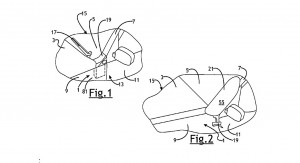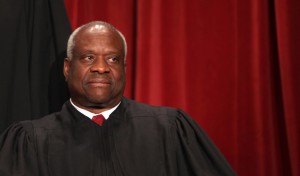
The Supreme Court ruled patent trolls cannot prevent companies from using technology related to for unused patents.
In a 7-2 vote, the U.S. Supreme Court upheld the constitutionality of a law that allows companies to challenge the validity of costly patent infringement claims with the potential to disrupt technology in everyday use.
Basically, tech companies and automakers have used the system created by Congress in 2011 as a way to fight off demands for royalties from so-called “patent trolls” that don’t use the patents they have obtained legally from U.S. Patent office to make products.
Drugmakers and independent inventors opposed to the America Invents Act of 2011 complained the new law watered down the property rights of patent holders and turned a patent into a government license that would be reviewed and altered at the discretion of the Patent Office.
Since its creation in 2011, this “inter partes review” process supervised by the Patent Office rather than federal courts has lowered the cost of defending against frivolous patent litigation across the economy.
(GM earns patent for external airbags. Click Here for the story.)
The change was supported by major automakers such as General Motors and Ford Motor, which file thousands of patent applications each year and are ramping up spending on new technology in the face of competitive pressure to produce autonomous and more fuel-efficient vehicles that do less damage to the environment.
Jim Cleland, a Detroit area patent attorney, noted that tech companies and large manufacturers, including Michigan’s auto industry, are one of the most frequent targets of patent lawsuits by non-practicing entities, who still file many of the nation’s patent infringement lawsuits.
United for Patent Reform, which is supported by companies such as Amazon, Facebook, Ford Motor Co., General Motors Co., Google, Sprint and Verizon, was “encouraged” by the ruling, saying the system upheld by the Supreme Court ultimately protects jobs and economic growth.
(Click Here to see more about Lexus betting big on the new ES.)
“This ruling will help ensure that American inventors and businesses can focus on building products and creating jobs rather than paying to fend off abusive litigation,” the group said in response to the ruling.
The AIA review process now allows an executive branch agency – not the courts – to revoke a patent after it has been granted, which critics argued runs afoul of the Constitutional requirement that only the courts can deprive people of their property.
However, the court’s majority, in an opinion written by Justice Clarence Thomas, ruled that patent rights were fundamentally a government-granted privilege that could properly come with strings attached. One such condition is the risk that the patent office might change its mind and invalidate a patent that it had previously approved, the Justices noted.
(To see more about Elio Motors securing $2.5 million in new funding, Click Here.)
“Congress can grant a franchise that permits a company to erect a toll bridge but qualify the grant by reserving its authority to revoke or amend the franchise,” the court’s majority wrote, citing a 101-year-old precedent. “The same is true for franchises that permit companies to build railroads or telegraph lines.”

